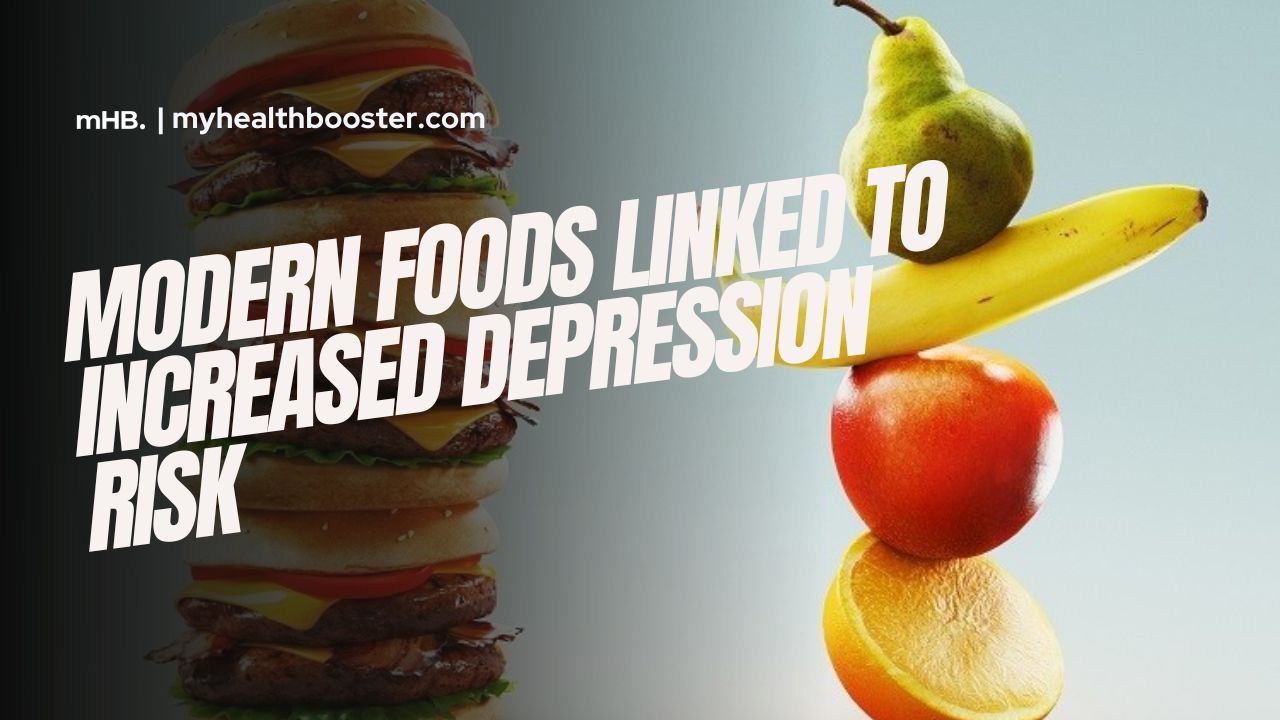Modern foods which are otherwise known as ultra-processed foods are derived from a reasonable huge amount of substances extracted from foods, such as oils, fats, and proteins. They may also be manufactured entirely in labs where synthetic food chemicals are used with few ingredients coming directly from natural animals or plants. And they are being accused as culprits of depression in women.
A recent study published September 20 in JAMA Network Open tends to support the medical folklore which insists that ultra-processed foods are linked to a wide range of health issues, including heart disease, type 2 diabetes, and certain cancers.
However, the paper looked at the rate at which women who consume lots of ultra-processed foods especially artificial sweeteners develop depression.
What do experts say about modern foods and depression?
The study which was led by Chatpol Samuthpongtorn, MD took into account 31 712 females, aged 42 to 62 years which included 30 190 [95.2%] non-Hispanic White females.
At the end of the study, the researchers concluded that women who had high-ultra processed foods intake were averagely obese, had higher smoking rates, and increased prevalence of diabetes, hypertension, and dyslipidemia.
They also identified 2122 cases of depression by adhering to the strict definition of the condition which necessitated the requirement of both a clinical diagnosis and prescriptions and 4840 incident cases using a broad definition of the condition.
Modern foods can alter your gut biome leading to depression
Irregular intestinal metabolism and inflammatory bowel disease are known to affect the central nervous system leading to depression in people. Experts say this is as a result of a microbiome-gut-brain connection which ensures that the adverse effect of modern foods on the gut microbiome might also contribute effect changes to the brain.
Gut microbiome ferments dietary fiber into products that are beneficial to normal intestinal function however, modern foods lead to a reduction of such probiotics which causes biofilm formation, and impaired bacterial metabolism. An altered bacterial physiology may lead to irregularities like improper intestinal metabolism and inflammatory bowel disease.
References
- Adjibade M, Julia C, Allès B, et al. Prospective association between ultra-processed food consumption and incident depressive symptoms in the French NutriNet-Santé cohort. BMC Med. 2019;17(1):78. doi:10.1186/s12916-019-1312-y
- Zheng L, Sun J, Yu X, Zhang D. Ultra-processed food is positively associated with depressive symptoms among United States adults. Front Nutr. 2020;7:600449. doi:10.3389/fnut.2020.600449
